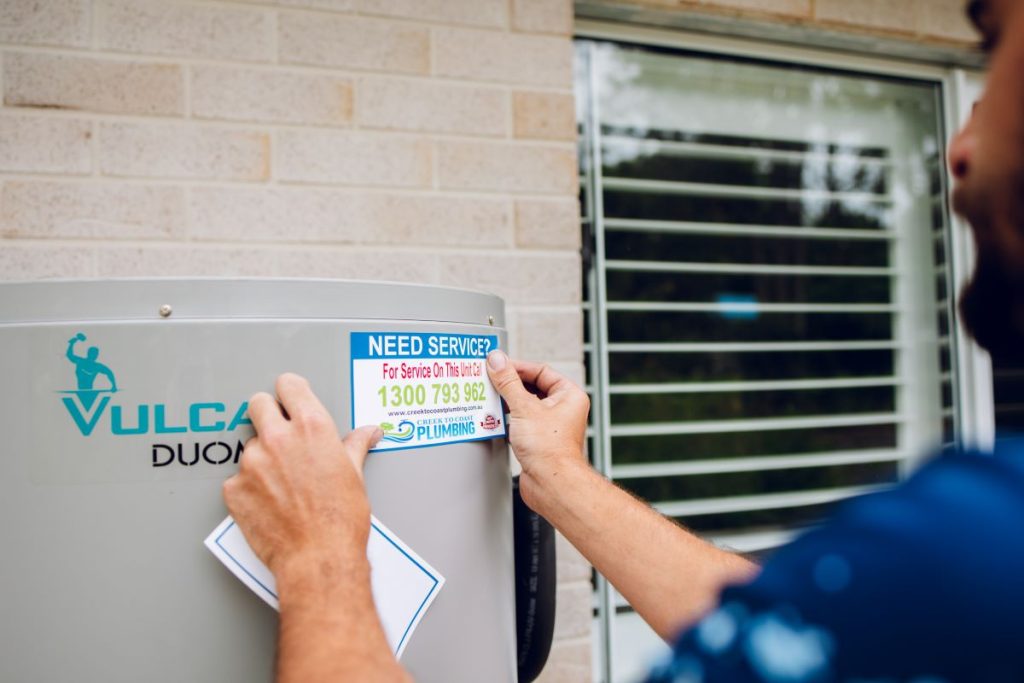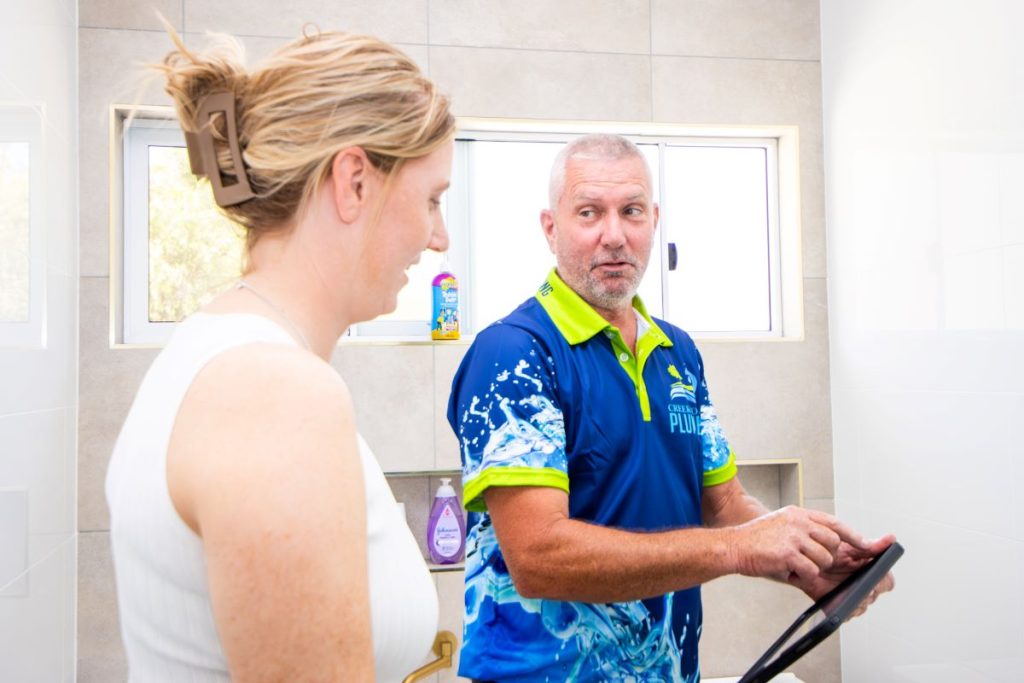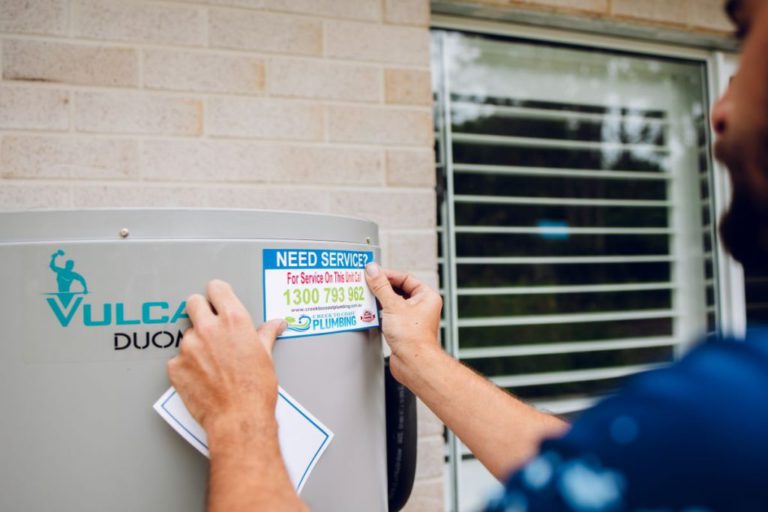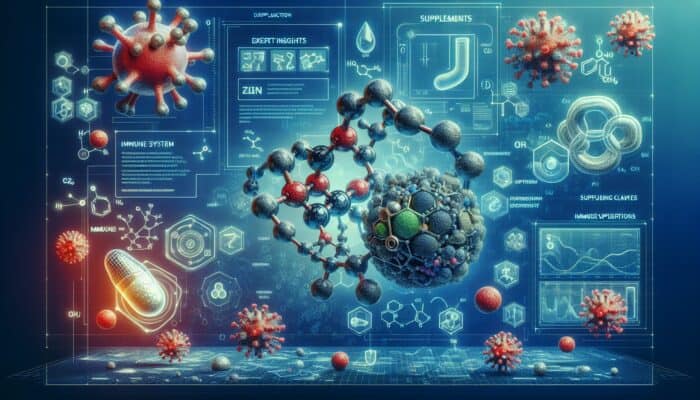Hot water systems function tirelessly behind the scenes, guaranteeing that you have immediate access to hot water whenever you require it. However, similar to all household appliances, these essential systems have a limited operational lifespan. Recognising the warning signs that indicate your hot water system might need replacing is vital. This understanding can help you avert uncomfortable situations, such as unexpected cold showers, potential water damage to your property, and expensive emergency repairs that could disrupt your daily routine.
Typical Lifespan of Hot Water Systems: What You Need to Know The lifespan of these systems can vary significantly based on the specific type of system you own and the level of maintenance you provide. By conducting regular inspections and ensuring proper care of your system, you can greatly enhance its lifespan while maintaining peak performance.
Let’s delve into the specifics for a clearer understanding.

Exploring the Lifespan of Different Hot Water Systems
Here’s a comprehensive overview regarding the lifespan and performance of the most prevalent hot water systems in Queensland homes:
Electric Storage Hot Water Systems: Expected Lifespan and Maintenance Tips
- Expected Lifespan: 8–12 years
- Reasons for System Failure: Common problems include internal corrosion, worn-out anode rods, and sediment build-up, all of which can severely impair system performance.
- Signs to Monitor for Potential Issues: Keep an eye out for rusty or discoloured water, leaks at the base of the unit, or extended heating times, all of which can signal underlying problems.
Gas Storage Hot Water Systems: Essential Insights and Lifespan
- Expected Lifespan: 8–12 years
- Reasons for System Failure: Similar to electric systems, these units can fail prematurely, particularly in coastal regions where salty air can accelerate wear.
- Signs of Inefficiency to Look For: Be vigilant for pilot light issues, insufficient water heating, or unexpectedly high gas bills, as these may indicate inefficiency.
Instant Gas Hot Water Systems (Continuous Flow): Performance and Longevity Overview
- Expected Lifespan: 10–15 years
- Factors Contributing to Longevity: Due to the absence of a storage tank, these systems are less susceptible to corrosion, resulting in fewer failures over time.
- Signs to Be Aware Of: Watch for fluctuating water temperatures, ignition failures, or a significant reduction in water flow, as these may indicate the need for servicing.
Electric Instant Hot Water Systems: Common Problems and Lifespan Insights
- Expected Lifespan: 10–15 years
- Common Issues to Watch For: Failures often stem from malfunctioning heating elements or thermostats, which can lead to compromised water heating performance.
- Warning Signs to Monitor: If your water temperature fluctuates between hot and cold or takes longer to heat up, these could indicate problems that require immediate attention.
Heat Pump Hot Water Systems: Lifespan and Efficiency Considerations
- Expected Lifespan: 10–15 years
- Efficiency: These systems are renowned for their energy efficiency but can be sensitive to climate and installation location, which can impact overall performance.
- Signs of Potential Issues: Indicators of trouble include excessive noise during operation, prolonged heating cycles, or increased energy bills, all of which suggest the need for a professional inspection.
Solar Hot Water Systems: Lifespan and Performance Indicators
- Expected Lifespan: 15–20+ years for solar panels, 8–12 years for the storage tank
- Important Note: Typically, the storage tanks tend to wear out before the solar collectors, which can affect the overall efficiency of the system.
- Monitoring Performance: Be vigilant if your water fails to heat adequately on overcast days, or if you notice rusty water or issues with the booster operation.

Recognising Early Warning Signs of a Failing Hot Water System
Even before your hot water system reaches its anticipated lifespan, it may begin to exhibit distress signals. Identifying these warning signs early can help you avoid larger issues down the line. Common problems to be vigilant for include:
- Fluctuating Water Temperatures
If your water takes longer to heat or runs out more quickly than it used to, it’s time to investigate your system’s overall health. - Rusty or Discoloured Water
This often indicates corrosion within the tank or a failing anode rod, both of which require immediate attention to avoid further damage to the system. - Unusual Noises from the System
Popping, gurgling, or banging during heating cycles typically signal sediment buildup inside the tank, which can compromise overall efficiency. - Leaks or Pooling Water Around the Unit
Even a minor leak can indicate that your tank is cracking or that valves are beginning to fail, prompting the need for a prompt inspection. - Increased Energy Bills
An ageing unit often struggles to provide sufficient hot water, compelling it to work harder, which leads to higher energy costs.
How Seasonal Changes Impact Hot Water System Performance in Queensland
In Queensland, the shift from warm to cooler months can pose significant challenges for older hot water systems. As outdoor temperatures decline, these systems must exert more effort to maintain the desired water temperature. Units approaching the end of their operational lifespan might even face complete failure during this critical period.
Determining the Right Time for Hot Water System Replacement
If your system displays any of the following characteristics, it may be the perfect time to consider a replacement:
- Over 10 years old
- Frequently experiencing breakdowns
- Failing to meet your household’s hot water requirements
- Exhibiting visible signs of wear or corrosion
Should you notice these indicators, it could be an ideal moment for an upgrade.
At Creek to Coast Plumbing, we don’t merely replace your unit; we conduct a thorough assessment of various factors, including your family size, water usage habits, energy preferences, and the layout of your property. This comprehensive evaluation ensures we recommend the most efficient and cost-effective hot water system tailored specifically to your needs.

Selecting the Ideal Hot Water System for Your Household Needs
Based on your unique requirements and household needs, our knowledgeable team may recommend:
- Electric or Gas Storage systems, renowned for their reliability and cost-effectiveness, are particularly well-suited for traditional homes.
- Continuous Flow (Instant) systems, perfect for smaller homes or households with lower hot water consumption, deliver hot water on demand.
- Heat Pumps that provide substantial energy savings, especially advantageous in warmer climates, helping to lower your energy bills.
- Solar Hot Water systems, designed for long-term cost savings and environmental sustainability, promote a greener lifestyle.
Moreover, we assess whether the current location of your hot water system is optimal or if relocating it could enhance performance and overall efficiency.
Take the Initiative to Upgrade Your Hot Water System
Replacing your hot water system at the right time is not just about preventing system failure; it also presents an opportunity to upgrade to a more reliable, energy-efficient model that better fits your lifestyle and needs.
If your unit is showing signs of ageing or if you are uncertain about which system would be best for your home, the licensed plumbers at Creek to Coast Plumbing are ready to offer expert assistance tailored to your specific circumstances.
The Article: Hot Water System Lifespan: A Guide for Queensland Homes first appeared on https://writebuff.com
The Article Hot Water System Lifespan Guide for Queensland Homes Was Found On https://limitsofstrategy.com




